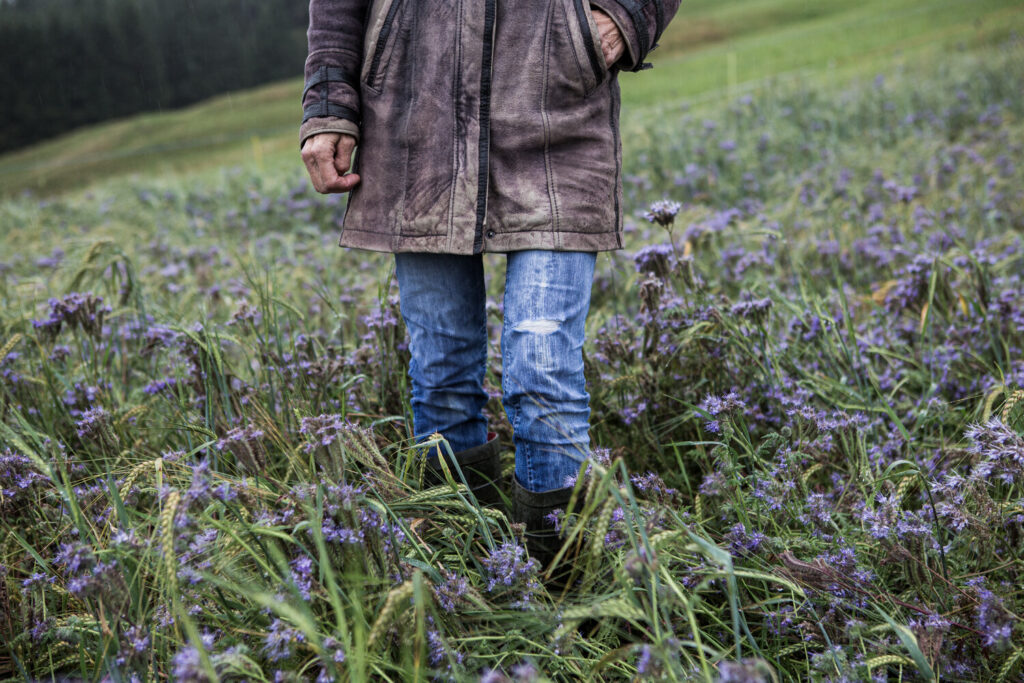TEDx Talk with Arizona Muse
Arizona Muse, model, sustainable fashion advocate, climate activist, and founder of Dirt Charity, sheds light on the environmental impact of the fashion supply chain in a recent TEDx Talk on ‘Turning fashion into a climate solution’.
Recognizing fashion’s role in the climate crisis
Arizona Muse traces a hypothetical cotton dress’s global journey, from the cotton fields in China to manufacturing in Bangladesh, revealing environmental implications at every step of the fashion supply chain.
Resource extraction, including pervasive plastic packaging and mining for metals in zippers and buttons, further compounds the fashion industry’s environmental impact, while harsh working conditions highlight the exploitative nature of the fashion industry.
The fashion industry must be recognized as a significant contributor to climate issues due to the conventional farming of raw materials, such as silk, cotton, wool, leather, tree fibres, mycelium etc. The current mode of production, marked by exploitation and environmental degradation, requires urgent reconsideration. Our time for incremental change has passed.
The power of fashion for the climate
But it doesn’t have to be this way, fashion can be a powerful climate solution, a concept that might seem surprising at first. However, the reality is that every single piece of clothing we wear, from shoes to bags to garments, can significantly contribute to tackling climate change if grown in a regenerative way such as is the case in biodynamic farming.
A Demeter textile standard for sustainable fashion
Drawing inspiration from Demeter’s strict biodynamic standards applied in food and beverage, certifying fashion materials from the ground up would guarantee that fashion materials are cultivated in accordance with biodynamic principles.
In line with Demeter’s biodynamic standards, the Biodynamic Federation Demeter International is actively developing a textile certification standard. This endeavour seeks to guarantee that textile cultivation aligns with biodynamic principles to enhance biodiversity, improve soil health, and contribute to climate change mitigation.
Advocacy for mindful fashion choices
Being conscious consumers and supporting farmers and businesses dedicated to regenerative practices holds as much significance in the fashion industry as it does in the food sector. By understanding the environmental impacts of our clothing and adhering to biodynamic textile standards, we can transform the fashion industry into a climate solution.
Contact: Clara Behr, Head of Policy and Public Relations
clara.behr@demeter.net
Brussels, 01.12.2023



